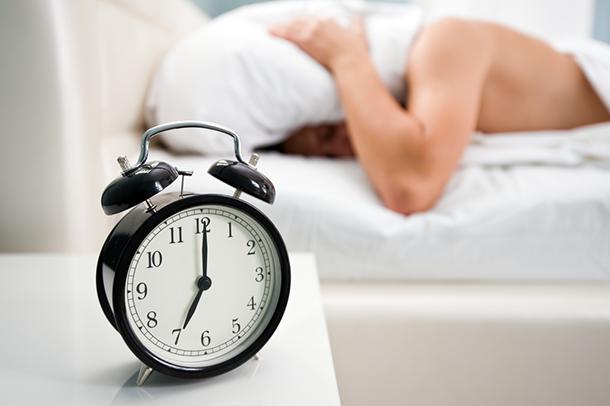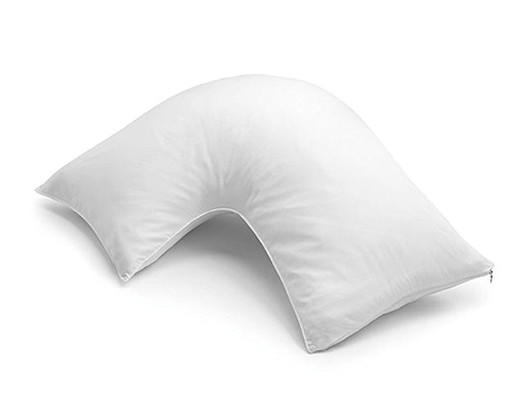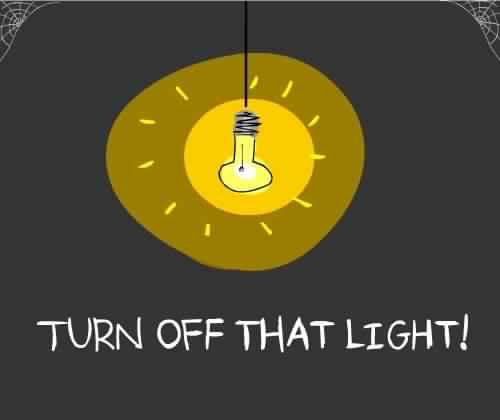Most of us have experienced trouble sleeping at one time or another. This is normal and usually temporary, due to stress or other outside factors. But if sleep problems are a regular occurrence and interfere with your daily life, you may be suffering from a sleep disorder. Sleep disorders cause more than just sleepiness. The lack of quality sleep can have a negative impact on your energy, emotional balance, and health.
"I have a sleeping problems all the time. I can't sleep from stress and thinking, But i found ways to help me and I hope it can help you too"
1. Try to go to sleep and get up at the same time everyday

A. This helps set your body’s internal clock and optimize the quality of your sleep. Choose a bed time when you normally feel tired, so that you don’t toss and turn. If you’re getting enough sleep, you should wake up naturally without an alarm. If you need an alarm clock, you may need an earlier bedtime.
B. Avoid sleeping in even on weekends. If you need to make up for a late night, opt for a daytime nap rather than sleeping in. This allows you to pay off your sleep debt without disturbing your natural sleep-wake rhythm.
C. While napping is a good way to make up for lost sleep, if you have trouble falling asleep or staying asleep at night, napping can make things worse. Limit them to 15 to 20 minutes in the early afternoon.
2. Use a comfortable pillow

- A good pillow should fill the gap between your head and neck and the mattress, and dynamically assume that shape during position changes as you sleep.also try placing a pillow between your legs if you sleep on your side. This will support your hips and make this position more comfortable.
and try placing a pillow under your legs if you sleep on your back.
3. Eliminate all sources of light in your bedroom

- You probably already know that when you stay up late under bright lights, you interrupt your body's natural sleep-wake cycle, because light tricks your brain into remaining in daylight mode. Less well known is that the light from computer screens and iPads shining directly into your eyes at close range is especially troublesome. Why? Part of the problem is that the light from these devices is at the blue end of the spectrum, which scientists believe is particularly disruptive to circadian rhythms. Blue light, although common during the day, doesn't occur naturally during the evening.
- So you need to Bright light before bedtime can disrupt your body's internal clock. It's one of the primary clues to the body that it's either sleep time, or waking time.
4. Avoid caffeine

- Caffeine has been called the most popular drug in the world. And it’s not just in coffee. Caffeine can be found in everything from tea and chocolate to certain soft drinks and medications
- Caffeine can temporarily increase alertness by pumping up adrenaline production and interfering with sleep.
5. Don't eat right before bed time

- Eating large meals before going to bed is disrupted sleep. ... Don't eat within two to three hours of your bedtime and avoid heavy, rich foods it can cause acid to flow back up through.
 Holidays
Holidays  Girl's Behavior
Girl's Behavior  Guy's Behavior
Guy's Behavior  Flirting
Flirting  Dating
Dating  Relationships
Relationships  Fashion & Beauty
Fashion & Beauty  Health & Fitness
Health & Fitness  Marriage & Weddings
Marriage & Weddings  Shopping & Gifts
Shopping & Gifts  Technology & Internet
Technology & Internet  Break Up & Divorce
Break Up & Divorce  Education & Career
Education & Career  Entertainment & Arts
Entertainment & Arts  Family & Friends
Family & Friends  Food & Beverage
Food & Beverage  Hobbies & Leisure
Hobbies & Leisure  Other
Other  Religion & Spirituality
Religion & Spirituality  Society & Politics
Society & Politics  Sports
Sports  Travel
Travel  Trending & News
Trending & News
What Girls & Guys Said
Opinion
0Opinion
These are good tips. But I have to take something for me to even get 5 hours sleep... Ambien.
just try them and you can take a nap but not too long just for 3 hours so you can be healthy
Well I get up at 3:30 and go to the gym... then work till 5 or 6. I try to get to bed by 9. But it is hard. If I did not take something... I would sleep maybe 2 hours. But I will do some of them
they are easy to do just try with the time you can do them and help you trust me